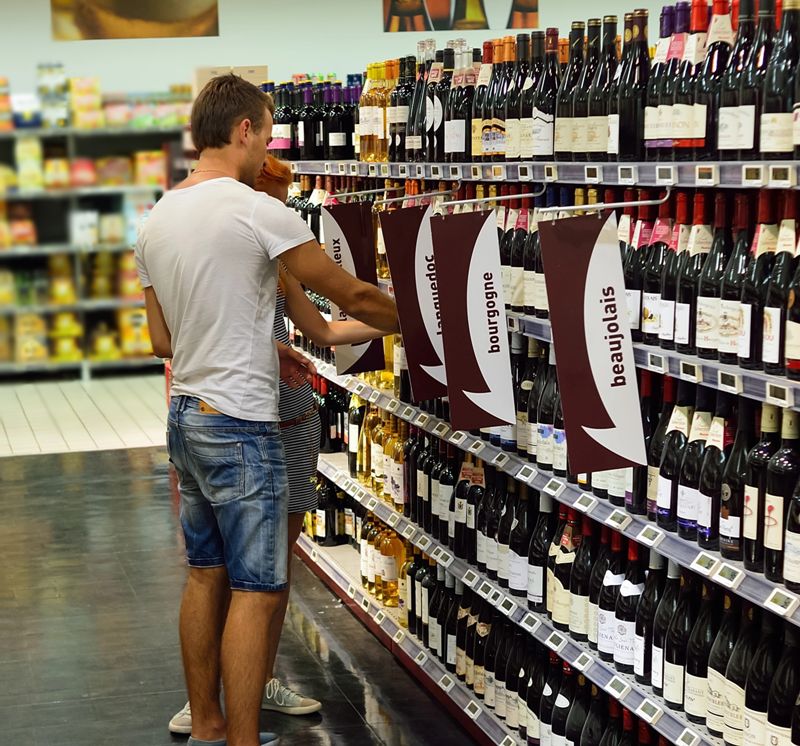French Wine Industry Faces New 3% Advertising Tax Amid Declining Sales and Rising Costs
Producers warn that recent tax hikes could deepen financial woes and threaten rural communities dependent on viticulture.
2025-10-31

French wine producers are raising concerns after the National Assembly’s Social Affairs Committee approved new tax measures targeting alcoholic beverages, including wine. The debate took place on Wednesday, November 29, during the review of the 2026 Social Security Financing Bill. Lawmakers considered several amendments related to alcohol taxation. While proposals for a minimum price on all alcoholic drinks and an extension of social security contributions to all alcohols were rejected, two key measures passed: the removal of the cap on excise tax indexation in case of inflation (allowing increases up to 1.75%) and a new 3% tax on advertising purchases for alcoholic beverages by companies with annual revenues over €10 million.
These decisions come at a difficult time for the French wine industry, which is facing declining consumption both domestically and abroad, as well as rising production costs and historically low harvests. Samuel Montgermont, president of Vin & Société, an organization representing the wine sector, described the new measures as a blow to French viticulture. He argued that removing limits on excise tax increases institutionalizes annual hikes and that taxing advertising further weakens the industry’s ability to promote its image and products. France already has some of the strictest regulations in the world regarding alcohol advertising, notably under the Évin Law.
Montgermont expressed frustration that, while some lawmakers rightly oppose tariffs imposed by former U.S. President Donald Trump on French wine exports, they are now supporting domestic tax increases that could have similar negative effects. He warned that these automatic fiscal measures are disconnected from the realities faced by wine producers and risk pushing more vineyards into financial distress or even closure. According to Montgermont, “When you tax the vine, you don’t fill state coffers—you empty villages,” referring to the potential impact on rural communities dependent on viticulture.
The new taxes are supported by Addictions France, a public health advocacy group formerly known as ANPAA. The association has long called for higher taxes on alcohol as a way to reduce overall consumption, regardless of whether it is moderate or excessive. Lawmakers backing these amendments argue that increased revenue will help fund social security and prevention programs. However, critics say this approach relies on outdated data about alcohol consumption trends in France and fails to distinguish between responsible drinking and abuse.
Bernard Basset, honorary president of Addictions France, has openly stated his intention to use the Social Security Financing Bill as a vehicle for advancing behavioral taxation policies. He believes bold action is needed to protect public health and balance government budgets. This position has sparked debate within the Assembly about whether such measures are effective or fair.
The broader context is one of crisis for French wine producers across all regions. Recent reports from both deputies and senators have highlighted widespread difficulties in the sector, with no major wine-producing area spared from economic challenges. Many in the industry argue that what they need most is stability and support rather than new automatic levies.
As discussions continue in Parliament this week, Vin & Société hopes lawmakers will reconsider these measures and engage in a more nuanced debate about how best to support both public health goals and the future of French viticulture. The outcome will be closely watched by producers who fear that further tax increases could accelerate a decline already threatening their livelihoods and local communities.
Founded in 2007, Vinetur® is a registered trademark of VGSC S.L. with a long history in the wine industry.
VGSC, S.L. with VAT number B70255591 is a spanish company legally registered in the Commercial Register of the city of Santiago de Compostela, with registration number: Bulletin 181, Reference 356049 in Volume 13, Page 107, Section 6, Sheet 45028, Entry 2.
Email: [email protected]
Headquarters and offices located in Vilagarcia de Arousa, Spain.